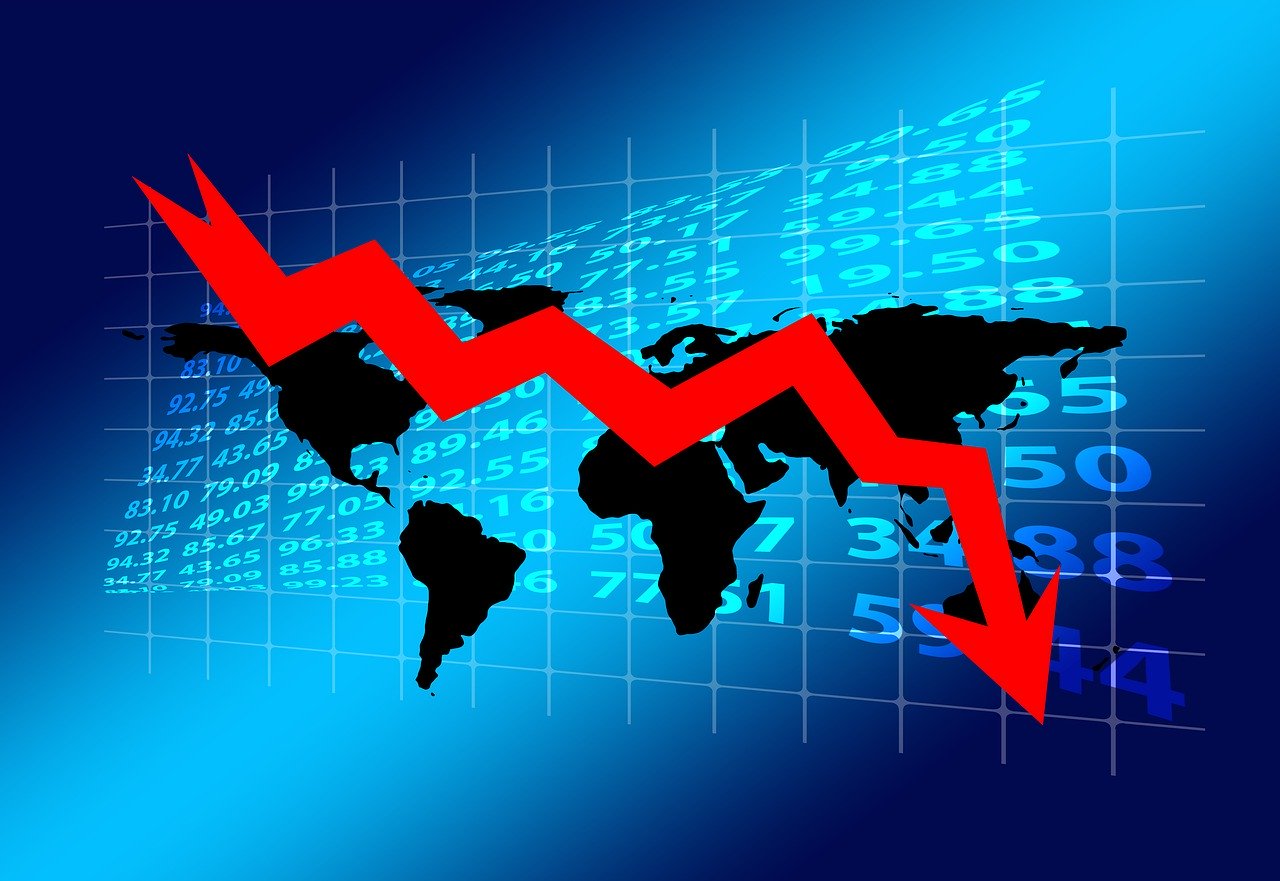
Find yourself as the head of state of some country during an impending economic crash share markets are down businesses are closing, unemployment is rising and everybody is looking to you to provide economic guidance on how to weather this turmoil, there is so much to consider every economic downturn is similar but always very different at the same time what worked last time may not work this time. It’s hard to know where to start monetary policy fiscal policy mass toilet paper subsidies well lucky for you Mr. hypothetical president you have come to the right place to find a symbol to follow guide and how-to on your economy but there, unfortunately, isn’t a magic bullet.
Economic Downturn.
You are still going to have to ask some serious questions about trade-offs that you will need to make amidst the chaos of these tumultuous times the first big decision is what to do with those interest rates. An important point to know about interest rates or cash rates is that they are set by central banks and then passed along to average consumers by regular banks the government of a nation and even the head of state doesn’t actually get a say in the decision making the process of the central bank because they are technically an independent entity in a strange sort of way ignoring that most central banks try to work with their local governments to achieve two main themes stable inflation and economic growth. In that order economic downturns are bad and it normally leads to people spending less money when people save more of their income because they are hypothetically let’s say stuck at home or they are a little bit more uncertain about their future or even potentially because they have been made redundant that means that there is less money exchanging hands out there in the economy this does a few things, of course, it means that businesses will make less money which means that they won’t be able to employ as many people which means that more people get made unemployed which means those unemployed people won’t be able to go out and spend money and so the vicious cycle continues and this is really bad.
Also Read: Bitcoin Revolution Review
How to Combat the Problem of Deflation.

To combat this, businesses will normally react to this lack of demand with large price drops. They will put their stock on a sale or offer discounted airfares, lower the price of their services, but regardless, the net result will be that the general price level of things is lower. The price of goods falling is called Deflation and Deflation is horrifying to a central bank remember they care about stable inflation far more than they actually care about economic growth because central banks are there to look after the well-being of their currency, not necessarily the whole economy, so they need to do something to fix this. The go-to reaction is to lower interest rates, mean that people can access credit more easily and banks are more willing to lend more money. It also gets more money out into the system as people are able to borrow money at cheaper rates to buy things like cars or phones or houses. In recent years, we have seen the rise of zero interest installment style lines that let consumers break their purchase down into Four easy payments of a 150 dollars over four months rather than paying 600 dollars upfront these sorts of services have been made possible by cheap interest rate and the other thing is, this type of borrowing does create demand for goods so suddenly maybe your local hardware store can hold off those flash sales and solve the problem of Deflation.
A happy little side effect of inflation is that it means sure people’s money is worthless and every year that actually encourages them to go out and actually use it to invest or consume and hence it’s also good for the economy overall. so it sounds like a pretty easy decision if you see a big scary economic downturn coming to drop those interest rates or at least ask your central bank very nicely to drop those interest rates and hope they do and then hope the consumer banks of the market also drop their rates and then hope the consumers of the market actually see the difference in their interest rate payments and therein lies the problem of monetary policy it can be really slow to take effect and oftentimes by the time that it has it’s already too late if only there was something that you as the head of state of made up land controlled directly
Fiscal policy
Fiscal policy is basically the policy of the government around how much it will tax who and what it will spend, where in general
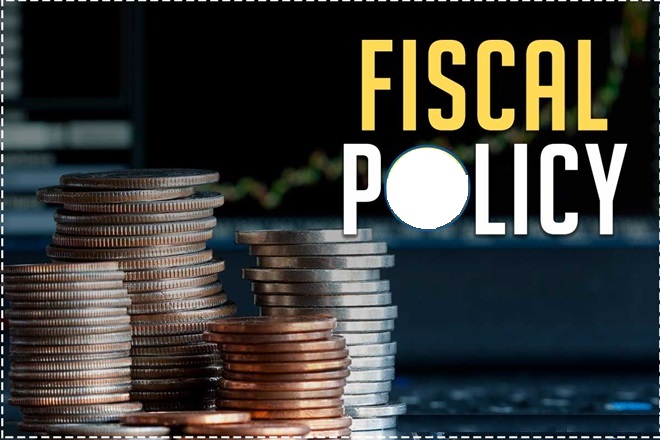
Contractionary Fiscal Policy
Contractionary fiscal policy is when a government decides to tax its citizens and its businesses more than it will spend in its budget. This is normally a good idea during a period of strong economic prosperity in the same way that it’s normally a good idea for you to not spend every penny you make and set aside some money to build up a savings account or even invest into a portfolio the same general rule is true for entire nation but the good times are over and so it is time to turn everything around and enact expansionary fiscal policy now this is the good stuff
Expansionary Fiscal Policy
An expansionary fiscal policy basically means that you tax less than what you spend but that is a very basic way of looking at it what really makes fiscal policy fantastic is that it is very precise and fast-acting there are often hundreds of types of different taxes in most modern nations from general stuff like income tax business tax land tax sales tax to really specific things like liquor taxes. If you are a government playing around with fiscal policy you get to pick and choose what taxes to lower, you might say businesses are doing it tough right now so maybe we will just lower their business taxes for this year or whatever works for that specific scenario. The other thing is it is really fast-acting if you were to lower income taxes effective immediately people will feel that from their very next pay-check and trust me if people feel, even just a little bit richer, you better believe that they are going to go out and spend that little bit of extra cash hitting their account on a Friday night.
Fiscal stimulus
On the other side of the fiscal policy equation, you also get to splash some cash during the 2008 financial crisis. The Government of Australia gave $900 to every taxpaying resident of the country this is called fiscal stimulus. The hope of this policy is again that it will get people to go out and spend some money on a new TV or a new couch or whatever this spending means more people have jobs and those people with jobs can go out and spend a salary. They might not have otherwise had and so the cycle repeats itself this. The overall impact of money being spent leading to more money being spent is called the multiplier effect and it works both ways.
Understanding the multiplying effect
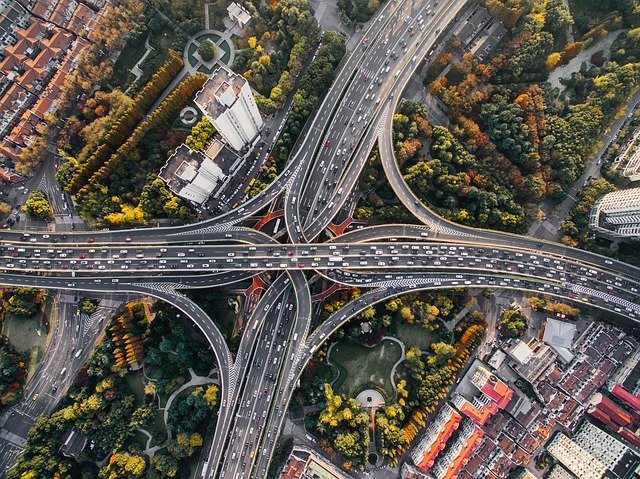
The multiplier effect is different for every type of spending, for example, the easiest to understand the multiplying effect of giving money directly to an average citizen is pretty high because let’s be honest with ourselves, most people spend a good majority of the money that hits their bank account pretty much straightaway potentially a more reasonable type of fiscal stimulus is infrastructure spending this is using government money to build a new bridge or a highway or an airport or whatever this still gets money into people’s pockets to be spent because it normally takes a big workforce. To make these sorts of projects happen and you get the added benefit on top of this but actually having a piece of infrastructure after all that spending is done the drawbacks of this is that the multiplying effects are not quite that strong, sure there will be labourers and tradespeople and engineers to construct these projects but a good portion of that money will also go into construction companies that tend to hold their profits, a little bit more tightly during these trying times.
The other thing with infrastructure spending stimulus is that it is slow by the time a new highway is planned and zoned and engineered, the economic downturn might have already been and gone with the damage done that being said infrastructure spending is still worth considering because it potentially does two things, First, it helps your economy now by employing people and two it helps your economy in the future by providing something of value. So all of these solutions are great tax policy can be used target people or institutions that could catch a break and fiscal spending can get people that much needed cash injection to boost their spending during these more trying time but there is one problem with all of these measures everything we have explored so far has been about getting people out there spending money during an economic downturn.
Read: Bitcoin Billionaire
Economic crisis on the supply side
But what if your economic crisis is on the supply side, what if hypothetically something has caused factories to shutdown airplanes to stop flying and ships to stop shipping this is something that doesn’t necessarily cause problems on the demand side of the equation but rather it means even if people did want to go out and shop for things they may not have anything to shop for this is a much harder problem to deal with as a government. If supplies dry up it increases the price of goods which is OK in moderation but too much causes runaway inflation as people desperately outbid each other for that last roll of toilet paper or whatever this all but makes monetary policy useless because if there is already inflation you are not going to solve any problems by causing more inflation which means the attention turns exclusively to how governments keep business alive which causes problems in and of itself major corporations are one of the largest influences on modern economies today they often employ tens of thousands of people and provide services that are all but crucial to our modern way of life and the thing is, they know it.
Mega Corporation CEO Role.
CEOs of these mega corporations really have one primary goal, maximize the return for shareholders of the company and more specifically maximize the return of shareholders in the short term. The ways corporate CEO bonuses are normally structured so let’s say that such a CEO is presented with a choice, they have a record year of profits complemented by a very generous reduction in corporate taxes so they find themselves with a lot of cash. Now they can save this money into a corporate equivalent of an emergency fund, they could reinvest it in growing the firm or they could use this wealth to issue share buybacks and massively inflate the value of the company shares on the public market. Share buybacks actually achieve the goal of a corporate CEO to increase the returns of shareholders so it’s really the only logical choice they may also reinvest, of course in the hope that be sorry investment into the company pays off in even bigger profits than next year but the last thing that they are going to do is invest that into an emergency fund and here’s why money sitting around is money not working, to increase the returns of shareholders and that means no big bonuses from Mr. CEO
Emergency Fund OR Bail Out Package 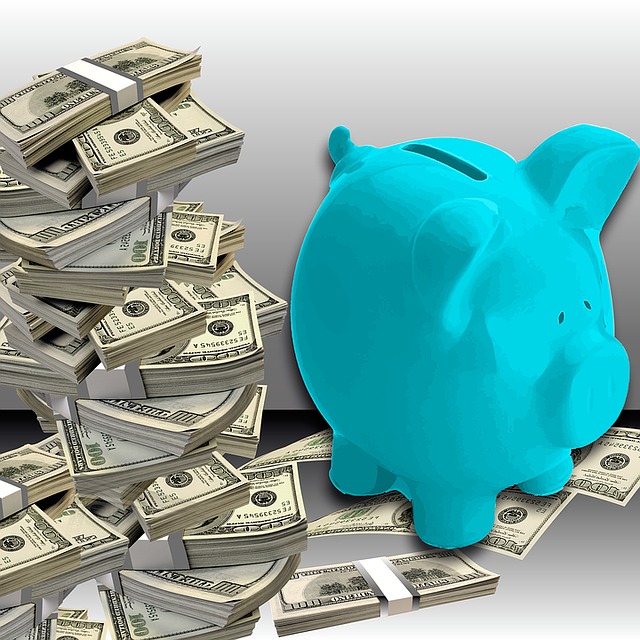
The other thing is that these days they don’t need an emergency fund because they can count on the government bailing them out. In 2008 the big banks were for the most part bailed out by governments around the world and today airline companies, with little to no contingency plans are likely to be bailed out again by governments around the world. If you are a huge corporation that provides an essential service to our nation, it just makes sense to over leveraged yourself during the good times to deliver huge returns, make huge bonuses and then wait for Uncle Sam to bail you out during the bad times. In fact even companies that try to be more responsible and save cash may actually fall into the trap of being uncompetitive compared to their more reckless rival and so they kind of forced and the same pattern of bad behaviour
Moral Hazard
This assumption by large and essential institutions that they are pretty much immune from bankruptcy is called moral hazard and it is one of the most difficult things to workaround if you are the leader of a country during a time of crisis on one hand it may feel really good to be very vindictive and give them a big fat welcome to the free market that they lobbied so hard to maintain but if you do that you may find your nation without a working airline or operating grocery stores or functioning banks so then the alternative is just to give in and be there to prop them, backup again all over but this is risky too. If you show corporations that you will be there to support them through thick and thin they are gonna go right back to taking crazy risks which are going to get you back to where you started a decade or so.
What is the Solution?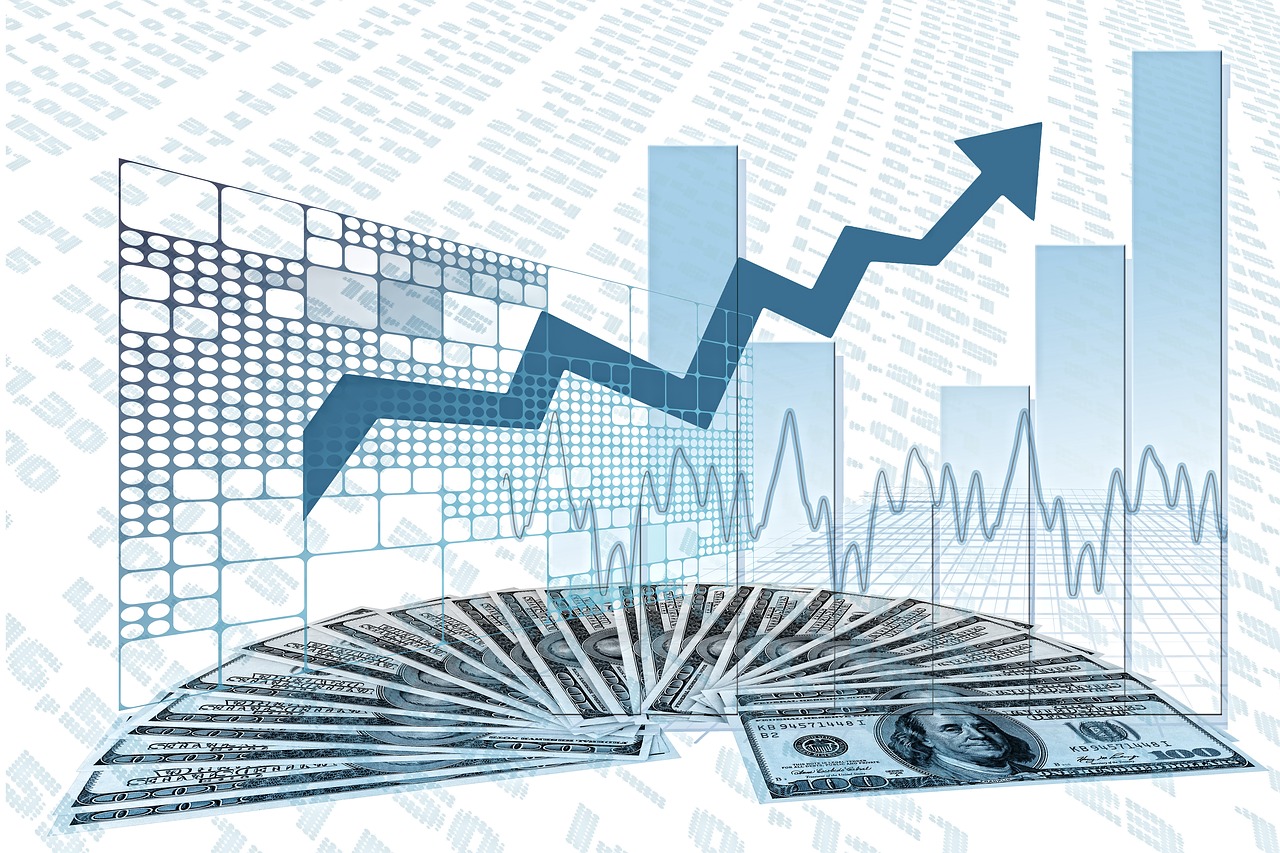
Later the real secret is, you have to find a way to maintain the services that these institutions provide while also punishing the shareholders and executives that facilitated this type of reckless behaviour but you also have to do that without sounding like some crazy commie out, better seize the means of production so you know best of luck with that economic downturns can be scary times for all members of society. People can lose jobs and homes and livelihoods and governments can lose power there are tools in place to steer an economy but at the end of the day, no market can be controlled completely, only managed. All you can do, if you ever find yourself as the head of state of a nation in the midst of a crisis is to understand the tools at your disposal and how they work trying to use the wrong thing in the right way, maybe just as devastating as doing nothing at all.
Conclusion
Monetary policy, discretionary spending, taxation they all do different things to achieve the same result, a good economy that works productively to provide for the well-being of the participants within that economy, of course it wouldn’t be economics explained article if I didn’t mention stability and confidence but it’s just such an important thing during these times at the end of the day if you have a nice stable economy with confident participants you are going to be just fine. Your job is to maintain that and don’t let those pesky corporations work too hard to undo all that stability you just made.
